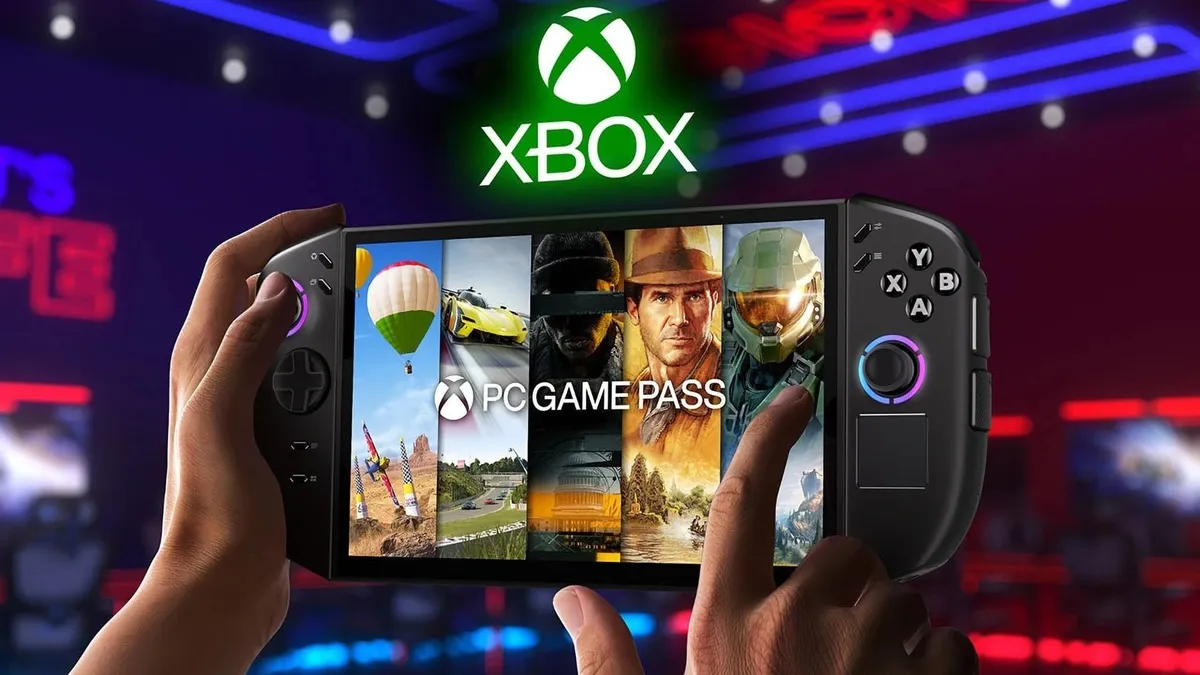
Lenovo has made headlines as the first company to confirm that it will incorporate the Xbox front-end in its upcoming handheld gaming devices, the Lenovo Legion Go Gen 2. This news comes on the heels of the announcement of the Asus ROG Xbox Ally and its more powerful counterpart, the ROG Xbox Ally X, both scheduled for release on October 16.
The new feature known as the Xbox full screen experience (FSE) is designed to boot handheld gaming devices directly into an Xbox app, bypassing the full Windows shell. By eliminating the need to load the entire Windows operating system, Microsoft claims that the Xbox FSE will optimize system resources, allowing for enhanced gaming performance.
While Asus will be the first to implement the Xbox FSE in its handhelds, this feature is not exclusive to Asus devices. Microsoft plans to roll out the Xbox FSE to other platforms, including the original Asus ROG Ally and Ally X, over time. This initiative aligns with Microsoft’s broader vision to enhance gaming experiences across various devices.
In an interview with The Verge, Lenovo spokesperson Jeff Witt confirmed that the Xbox FSE will eventually be available for the Lenovo Legion Go Gen 2. This high-end handheld, to be released in October 2023, features an impressive 8.8-inch OLED screen, a 144Hz refresh rate, and removable controllers. It is powered by a robust AMD Ryzen processor, similar to that found in the ROG Xbox Ally and Ally X.
The pricing for the Lenovo Legion Go Gen 2 starts at $1,099 for the base model and can go up to $1,479 for the version equipped with a more powerful processor, 32GB of RAM, and 2TB of storage. Although the Xbox FSE will not be available at launch, Witt indicated that it is expected to roll out in Spring 2026.
Once the Xbox FSE is implemented, users will have the ability to switch their Lenovo Legion Go Gen 2 from the standard Windows mode to the Xbox FSE. This transition will free up system resources, thereby enhancing the gaming performance significantly.
In addition to the Xbox FSE, Microsoft has recently introduced the Handheld Compatibility Program, which aims to make a wider range of games compatible with supported handheld devices. Microsoft states, “We have worked with game studios to test, optimize, and verify thousands of games for handheld compatibility, allowing you to jump into the game without having to tweak settings or requiring only minor adjustments.”
As the gaming landscape continues to evolve, Lenovo and Asus are at the forefront of integrating cutting-edge technology to enhance the gaming experience, making handheld gaming more accessible and performance-driven than ever before.